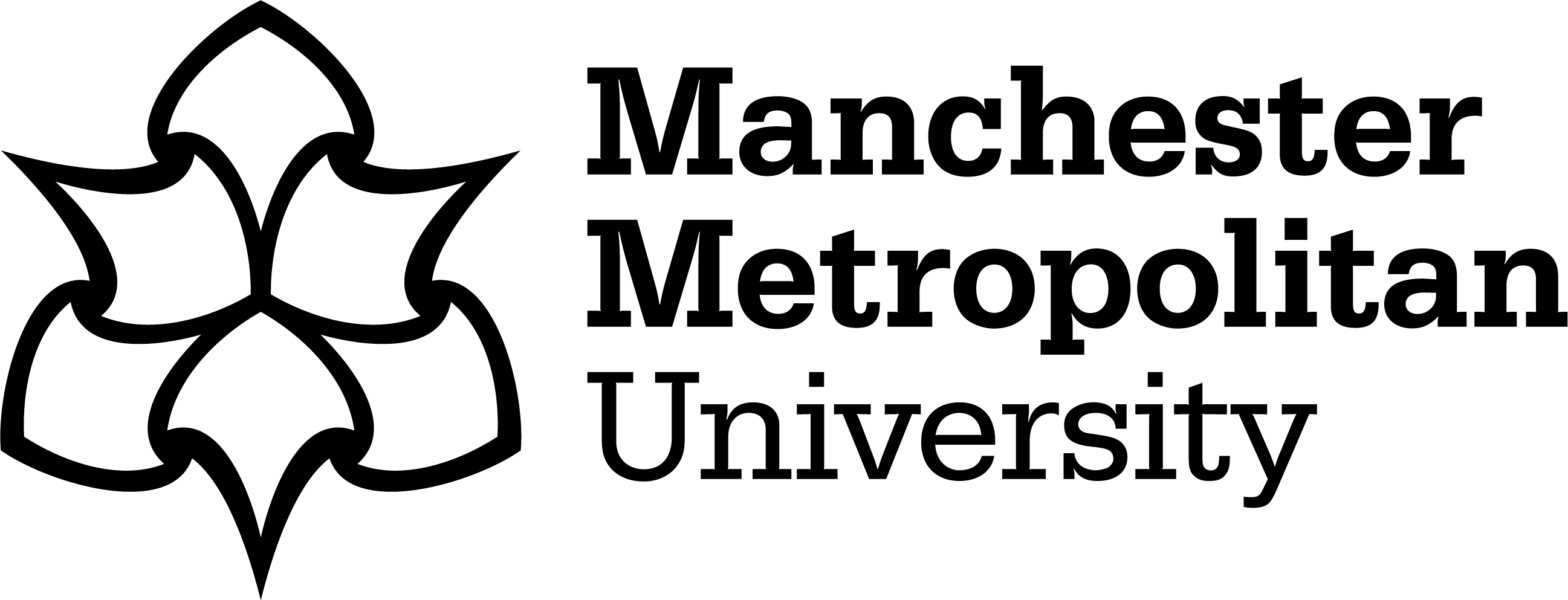- ...
Postgraduate Studentships - Search for funding opportunities.


Solid oxide electrolyser cells (SOECs) can be used to generate hydrogen via the steam electrolysis process. The state-of-the-art SOECs are normally composed of two porous ceramic or metal-ceramic electrodes separated by a dense oxygen ion-conducting ceramic electrolyte and are developed via screen printing or tape casting. The use of ceramic materials and operation at high temperatures provides favourable reaction kinetics and thermodynamics, but also results in inherent materials compatibility issues, which lead to thermal and mechanical stresses within the materials and accelerated degradation.
Therefore, there is significant interest in low-temperature SOECs, which experience reduced materials degradation; however, they suffer from lower efficiencies due to reduced ion conductivity through a ceramic electrolyte. Therefore, the project will focus on exploring an alternative magnetron sputtering route to depositing highly porous Ni/YSZ and Ni/GDC coatings with enhanced cell microstructure, which will allow reduction of the cell operation temperature without sacrificing the cell performance.
The physiochemical characteristics of the coatings will be evaluated using FIB-SEM/EDS, XRD and nanoindentation/scratch test. Cell performance will be tested under steam electrolysis mode in the Manchester Fuel Cell Innovation Centre. The successful candidate will join a vibrant, growing doctoral community in the new £117M Dalton Building with cutting-edge facilities.
Project aims and objectives
This project aims to overcome the materials degradation problems while maintaining high reaction efficiencies in solid oxide cells.The research focuses onenhancing electrode performance by nanoengineering its microstructure using an advanced alternative method to prepare alloys of non-precious transition metals to mitigate Ni agglomeration and degradation. Magnetron sputtering has been proven to be a promising route to enhance cell microstructure, which will allow reduction of the cell operation temperature without sacrificing the cell performance.
Therefore, this project focuses on technology development, and the main objectives are:
The qualifications, skills, knowledge and experience applicants should have for this project, in addition to our standard entry requirements.
The successful candidate will be selected based on their academic merit and skills. A UK Honours Degree (or equivalent) at minimum of 2.1 is essential in materials science, chemistry, physics or engineering-related discipline.
Essential knowledge and/or experience:
Desirable skills and knowledge:
Personal attributes:
The student will be in receipt of a stipend payment; the Research Council minimum rate (set by UKRI) £20,780 for 2025/26.
Home and Overseas students can apply. Home fees are covered. Eligible overseas students will need to make up the difference in tuition fee funding.
Interested applicants should contact Dr Justyna Kulczyk-Malecka (j.kulczyk-malecka@mmu.ac.uk) for an informal discussion.
To apply you will need to complete the online application form for a full-time PhD in Engineering
You should also complete a narrative CV (500-1000 words) addressing the project’s aims and objectives, demonstrating how the skills you have map to the area of research, how your experience makes you suitable for this position, and why you see this area as being of importance and interest.
You will need to upload your statement in the supporting documents section of the University’s Admissions Portal.
Applications closing date: 18 May 2025
Expected start date: October 2025
Please quote the reference: SciEng-JKM-2025-Magnetron sputtered SOECs
Manchester Metropolitan University fosters an inclusive culture of belonging that promotes equity and celebrates diversity. Please ensure that you take into account our Inclusive and Diverse Culture Strategy when preparing an application.
Home and Overseas students can apply.

Think more. Think Manchester Met. At Manchester Metropolitan University, we pride ourselves on creating a warm, engaging and suppor...